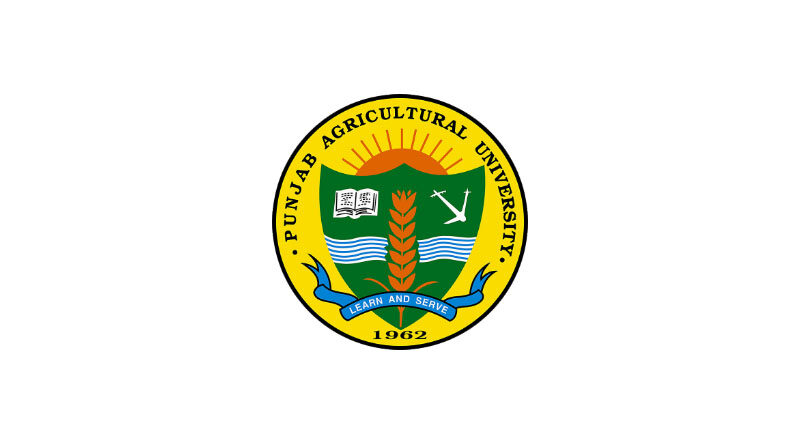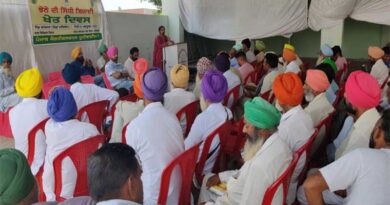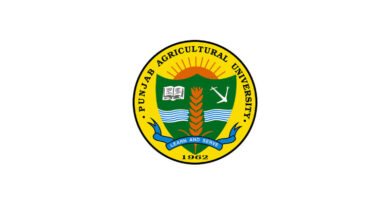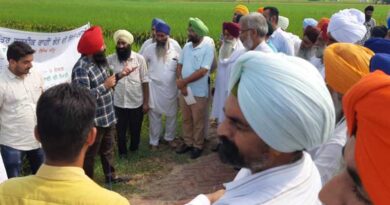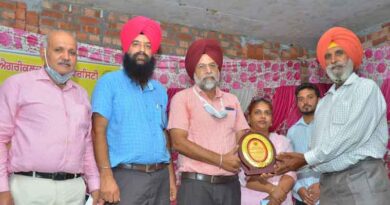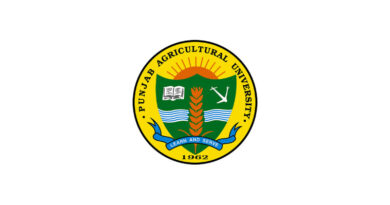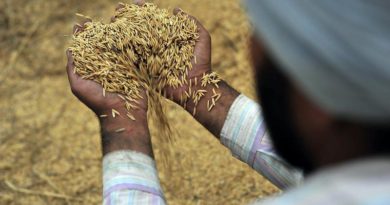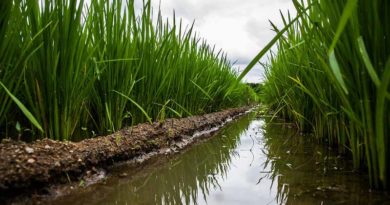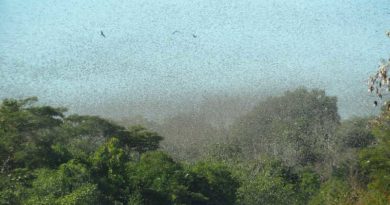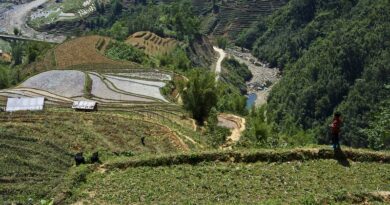PAU and nabard initiate a project on tar-wattar direct seeded rice
| 03 August 2021, Punjab: The Punjab Agricultural University (PAU) and the National Bank for Agriculture and Rural Development (NABARD) have initiated a collaborative project to promote Tar-wattar Direct Seeded Rice (Tar-wattar DSR) in the state. The two-year NABARD sponsored project focuses on capacity building of farmers on tar-wattar DSR technique through trainings; and demonstrating tar-wattar DSR technique at farmers’ fields in 12 districts of the state for creating awareness and in a way, up- scaling the shift toward water saving techniques for saving precious natural resources of the state. Also Read: Bayer to replace its glyphosate-based products in the U.S. Giving details, Dr MS Bhullar, Head, Department of Agronomy, said that under the project, six training webinars on tar-wattar DSR were conducted in which more than 300 farmers participated. Farmers’ field demonstrations on ‘tar wattar DSR’ were laid on more than 200 acres in six districts viz. Amritsar, Gurdaspur, Tarntaran, Pathankot, Ferozpur and Faridkot during the current season, he informed. Dr Bhullar further explained: “Tar-wattar DSR is a novel technique developed and recommended by PAU in 2020 to reduce water footprints in rice cultivation. In this technique, pre-sowing irrigation is applied and primed seed is sown in a tar-wattar field preferably using Lucky Seed Drill. A major departure from the conventional dry-DSR is delayed first irrigation which is applied at three weeks after sowing (21 days), which offershigher saving in irrigation water, lesser incidence of iron deficiency as roots go deeper, lesser weed germination, wider soil adaptability and yield/profit similar to puddle transplanted rice.” A shift from puddle transplanting to DSR saves 15-20 per cent of irrigation water, offers 10-15 per cent of higher ground water recharge, saves labour and provides 250 kg/ha higher wheat grain yield, he said. |

